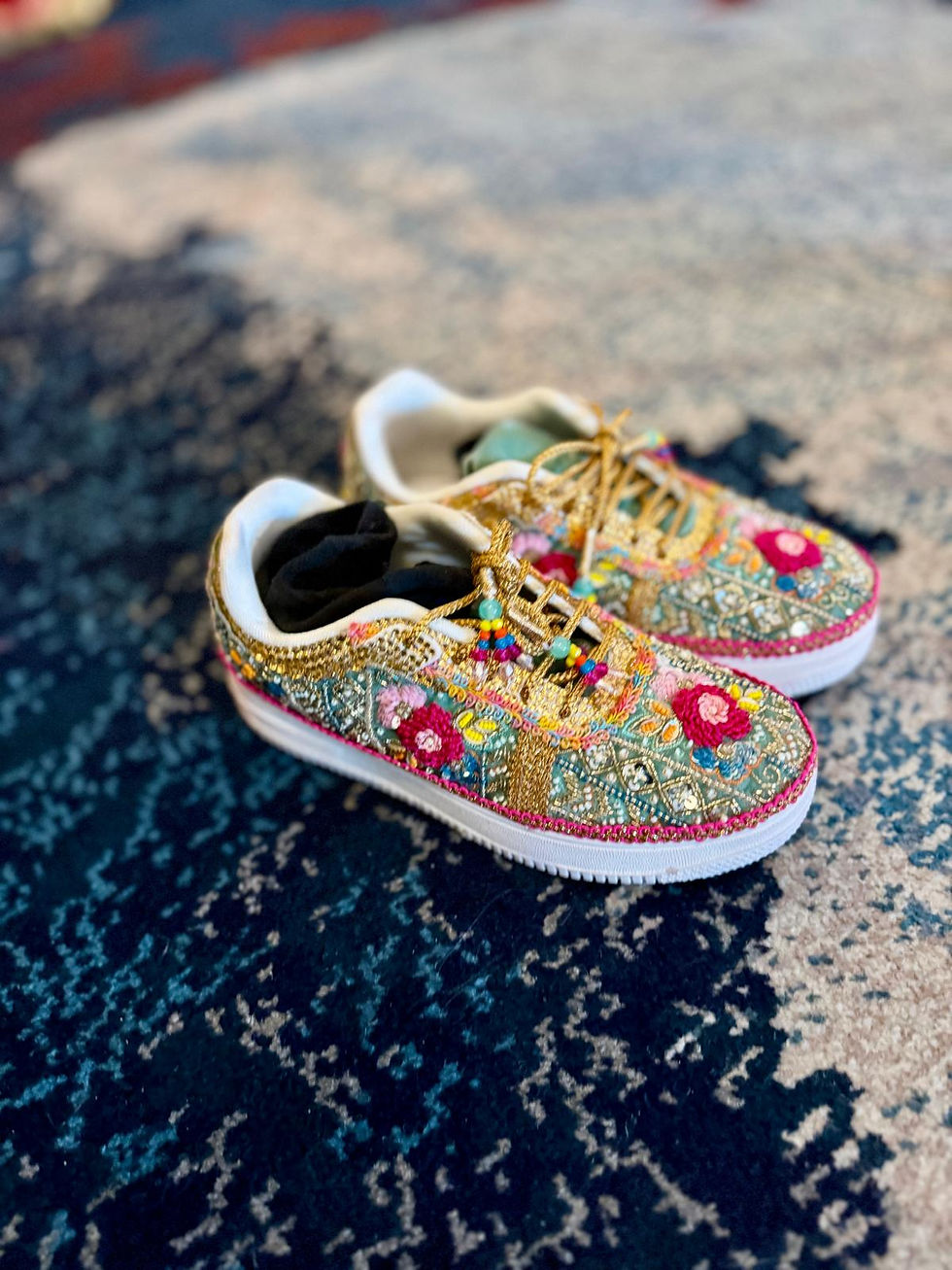ARJUN PATEL
ANTHROPOLOGY ANALYST
Wedding Traditions Around the World: A Cultural Perspective on Marriage

Wedding Traditions Around the World: A Cultural Perspective on Marriage
April 23, 2025
Weddings are one of the most significant life events, celebrated with unique traditions and rituals across cultures. They reflect a society’s values, social structure, and family dynamics. From symbolic wedding rings to elaborate ceremonies, studying weddings provides deep insight into cultural identity and human relationships.
Weddings are one of the most significant life events, celebrated with unique traditions and rituals across cultures. They reflect a society’s values, social structure, and family dynamics. From symbolic wedding rings to elaborate ceremonies, studying weddings provides deep insight into cultural identity and human relationships. Whether civil or religious, marriages hold different meanings worldwide, shaping how communities define love, commitment, and social unity.
A wedding ring is a powerful symbol of eternal love and commitment. In many cultures, its circular shape represents infinity and the unbreakable bond between partners. While Western traditions favor gold or diamond rings, other cultures have unique variations—such as silver bands in some Eastern traditions or intricately designed wooden rings in indigenous ceremonies.
There are even food traditions during weddings, check out this article describing the logic between nature in East Asia. My aunt recently got married and I came to the realization that it was one of the most significant events in my life because of my role in the wedding itself. As her nephew, I was tasked with many things, including overseeing and approving the final food menu, because of my interest in food in society. I had duties to attend to preceding her walk down the aisle and relating to the many, many gifts and tokens that were being arranged by my grandparents and, of course, I had to prepare a sentimental, yet witty speech during the reception. I turned on my story telling skills and make sure to write a poetic set of comments, sprinkled with some humor designed to get a few laughs and break the ice. This was my chance to make an impression on loved ones, some of whom I had never met and may not meet again for years! It was the last chance I would get to be this important until my own sibling's wedding!
I couldn't help but wonder how marriage was more than just the wedding weekend full of parties and fanfare, but a deeper commitment and a possible bond that would result in science and lineage being passed down to a new line of humans. Check out this book I found on family and marriage. My exploration of kinship and family responsibilities led me to consider different marriage ceremonies and their meanings. First, there is religious rituals and their meanings. Second, there are civil marriages, legally recognized by the state, emphasizing legal rights and responsibilities, whereas religious ceremonies integrate spiritual and cultural beliefs, reinforcing a couple’s connection to their faith and community. In many societies, the type of ceremony chosen reflects personal values, religious customs, and family expectations. And, finally, there were other types of sentimental rituals like a collection of beads to collect and remember the blessings of close family and friends or the collection of sand from the couple's respective birthplaces to combine and return to the sea to symbolize a union of two souls.
Every culture has distinct wedding traditions that highlight its values and customs. Some notable examples include:
East Asian Wedding Feasts: In countries like China, Japan, and Korea, wedding banquets feature symbolic foods meant to bring prosperity, happiness, and longevity. For example, in Bai culture, a bride serves tea to her husband’s family as a gesture of respect and commitment.
Arranged Marriages in India: Partner selection in traditional Indian weddings often involves complex negotiations between families. The caste system, economic status, and astrological compatibility play essential roles in determining a suitable match, demonstrating the deep connection between marriage and social structure.
Bridewealth Practices in Africa: In many African societies, marriage involves the exchange of bridewealth—goods or money given by the groom’s family to the bride’s family. This practice solidifies family alliances and acknowledges the value of the bride in her new household.
Symbolic Rituals in Native American Weddings: Many Native American cultures incorporate sacred rituals into wedding ceremonies. The exchange of symbolic objects, such as blankets, feathers, or sacred stones, represents the unity and spiritual bond between partners, emphasizing the sacred nature of marriage.
From what I witnessed at my aunt's wedding festivities, marriage is more than a personal commitment. It is a reflection of a society’s organization, values, and gender roles and how different cultures define relationships, inheritance, and family dynamics. I can't help but make note that it is also a deciding factor about family lineage and genetic inheritance should the couple decide to have children.
For example, arranged marriages often highlight collective decision-making and the importance of family honor, while bridewealth practices reinforce economic and social ties between families. Meanwhile, civil marriages in modern societies emphasize individual choice and legal equality. Each variation of marriage sheds light on how different cultures view love, responsibility, and social stability.
While wedding traditions vary widely across cultures, they all serve a similar purpose: to unite two individuals and their families in a meaningful way. Whether through symbolic rituals, legal contracts, or spiritual blessings, weddings offer a window into the values and social structures of a community. By studying these traditions, we gain a deeper appreciation of cultural diversity and the universal importance of love and commitment. I think the most everlasting takeaway for me is that marriage is a public declaration of love and decision that shapes a new journey of life uniting two people in an adventure they will take together.



